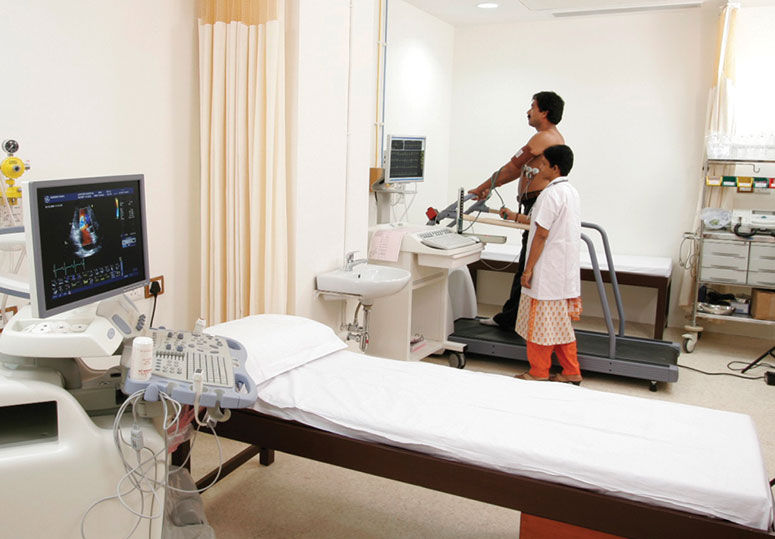Organ Transplant in Thane
Restoring Life and Hope: Comprehensive Organ Transplantation Services at Jupiter Hospital
Did you know that a single act of kindness has the potential to save up to eight lives? By donating your organs, you have the power to offer someone a second chance at life.
In the year 2021, there were an impressive 128+ organ donations at our hospital. However, the demand for organs remains high, with 4153+ individuals in Thane desperately waiting for a chance to receive a life-saving organ transplant. Tragically, around 500,000 people lose their lives every year due to the unavailability of suitable organs, making it imperative to bridge this gap. Currently, there are 0.08+ organ donors per million, emphasizing the need for more compassionate donors.
At our organ transplant hospital in Thane, we understand that life is a precious gift, and if we're fortunate, we may be granted a second chance to lead a healthier and fuller life. Legal organ transplants are the key to this renewed hope, and our hospital is committed to making this hope a reality. Our team of highly skilled transplant surgeons, stationed at the center of organ transplant treatment in Thane, is at the forefront of this specialized medical field.
Our forte lies in multi-organ transplants, with a particular focus on liver transplants. Our team of surgeons is renowned for their excellence in this field. Whether it's an intestine transplant, kidney transplant, liver transplant, pancreas transplant, or bone marrow transplant, Jupiter Hospital is equipped to handle these intricate and life-changing procedures.
Organ transplantation is a complex and challenging field within modern medicine. Key areas of medical management in this domain include addressing the issues of transplant rejection, where the recipient's immune system may reject the transplanted organ, potentially leading to transplant failure. To mitigate the risks of rejection, our medical team at the organ transplant hospital in Thane utilize extensive HLA typing serotyping tests to ensure the most compatible donor-recipient match. Additionally, immunosuppressant drugs are employed to reduce the chances of rejection, ensuring a higher success rate for organ transplants.
Team
Looking for the Organ Transplant in Thane
Anyone, regardless of age or medical history, is eligible to register as a potential donor.
Organ transplants are broadly categorized into two types: living donor organ transplants and deceased donor organ transplants. In the case of the former, organs are procured from living donors, which is feasible in specific situations such as kidney, liver lobe, or pancreas transplantation. Deceased donor transplants involve organs retrieved from individuals declared brain dead.
When considering organ donation after one's passing, a medical evaluation is conducted to determine which organs can be donated. Certain conditions, such as HIV, actively spreading cancer, or severe infections, may disqualify a person from organ donation. Having a significant medical condition like cancer, HIV, diabetes, kidney disease, or heart disease can also prohibit an individual from being a living donor.
In most cases, lifelong use of immunosuppressants is necessary to prevent organ rejection. Your physician will determine the period of immunosuppressant medication after a thorough assessment of your overall health.
Yes, a child can undergo an organ transplant with parental consent. Our team of pediatric specialists collaborates with our surgeons to perform such procedures.
Following the transplant, you will need to remain in the hospital for close monitoring. The duration of stay varies from patient to patient, depending on their rate of recovery. Even after discharge, regular hospital visits for health check-ups will be necessary.


















 View Map
View Map

 Book an Appointment
Book an Appointment Find a Doctor
Find a Doctor Health Check-up
Health Check-up


















 Find a Doctor
Find a Doctor Health Checkup
Health Checkup Book an Appointment
Book an Appointment